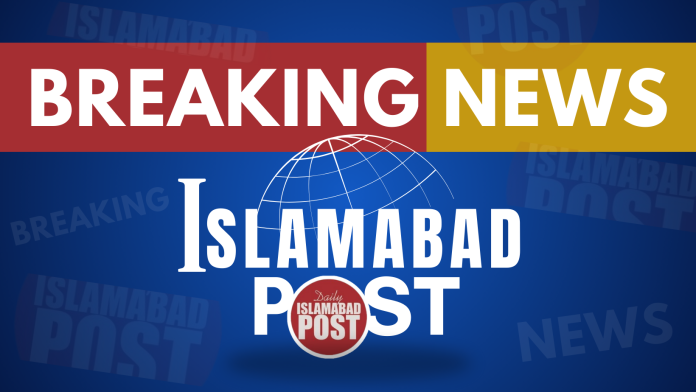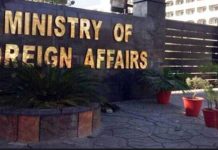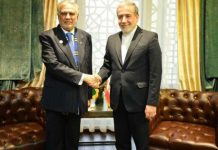DNA
This balladry poignantly describes the bigotry, entrenched partisanship and harrowing bondage endured in the face of resistance. Faiz’s poem “Nisar Mai Teri Galliun Ke” encapsulates the tragic events of 13th July 1931, solemnised as Martyrs Day in Kashmir for 93 years. It commemorates the brutal gunning down of 22 Kashmiris by Dogra forces. Prem Nath Bazaz remarked “Historically and politically, 13th July 1931, was the most important day in the annals of contemporary Kashmir. From this day, the struggle for independence and freedom in the most modern sense started openly.”
Against the backdrop of a growing number of incidents against Muslims in Kashmir in the 1930s; an employee of the British Army, Abdul Qadeer Khan, fanned the flames of Muslim sentiments that had been festering because of continuous religiously motivated crimes by the Dogra State. Khan, who was not of any significance in politics, gave a fiery speech in Srinagar a few days before the tumultuous day. He expressed his frustration at the brutalities Muslims faced, encouraging the crowd to stand up against the draconian Dogra regime. Unfortunately, this did not bode well for Khan, he was charged under the Ranbir Penal Code with sedition.
Owing to the wave of fervency that had gripped Kashmir, a large proportion of protestors came to peacefully witness his trial and observe justice being meted out. The resentment permeating the atmosphere created considerable insecurity amongst the Dogra armed forces. As mid-day loomed, the Dogra Governor commanded the armed police to open fire at the protesters that were assembling for Zuhur prayers. The Muazzin was the first to receive martyrdom, followed by others in the congregations. In the aftermath of this brutality, communal violence erupted, leading to a precarious situation, which in turn led to the mass murder of innocents and further trampling of basic human rights.
Even after the passage of nine decades, the lingering sense of loss continues to afflict the people of Kashmir and its diaspora. Therefore, every year “Youm-e-Shuhada-e-Kashmir” (Kashmir Martyrs’ Day) is observed to honour the valour and sacrifices of the Kashmiri people whose aspirations for freedom were met with brutal repression.
Tragically, the situation of the Kashmiri people has remained dire under successive Indian administrations, particularly exacerbated by the Hindutva nationalist agenda. This has led to an unprecedented level of inhumanity, often deemed illegal under International Law. India’s actions, aim to erase the identity of the people of Indian Illegally Occupied Jammu and Kashmir. Previously recognised as an official holiday in Kashmir for the past three years, India has now denied Kashmiris the right to officially commemorate Martyrs’ Day. The memorial day was abolished following the revocation of Article 370, which had granted special autonomy to Jammu and Kashmir. This action is part of a broader strategy to change the narrative and suppress the story of Kashmir’s fight for independence. By erasing this historical narrative, the Indian government seeks to obscure the humanitarian crisis and suppress the Kashmiri voice.
The religious undertones of this suppression cannot be ignored. The historical context of a Hindu ruler and the contemporary efforts of a Hindu nationalist government to bury this story are part of a systematic attempt to silence Kashmiri voices. Denying Kashmiris, the right to commemorate their martyrs is not just a cultural erasure but also a violation of human rights as enshrined in UN resolutions.
Today, we commemorate the martyrs who ignited the momentum for political change in Kashmir. This day continues to give life and blood to a movement of political awakening, highlighting the systemic humiliation and economic injustice endured by Kashmiris. Despite efforts to suppress their history and identity, Kashmiris remain resolute. They assert that while the Indian government may attempt to stop Martyrs’ Day commemorations, it can never quash their determination to stand up for their rights. The struggle for Kashmiri self-determination is far from over, and the observance of Kashmir Martyrs’ Day remains a powerful reminder of their enduring struggle. As we remember the martyrs who sparked political change in Kashmir, let us also commit to supporting their enduring struggle for justice, freedom, and self-determination.

















